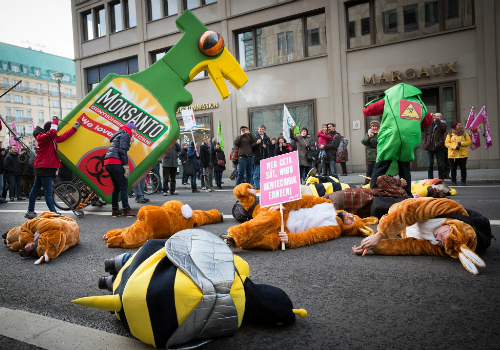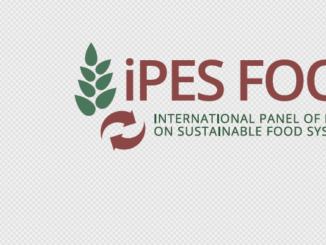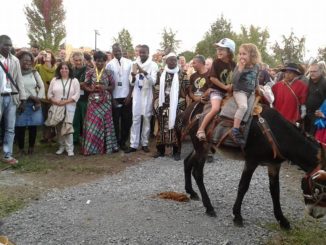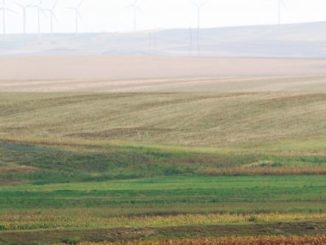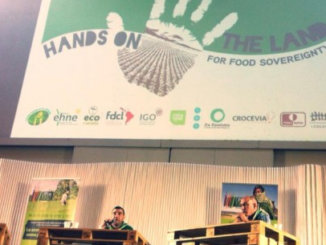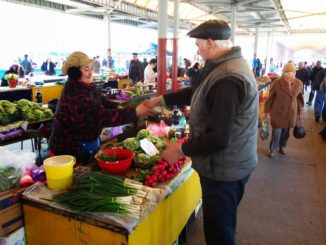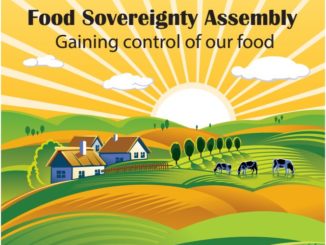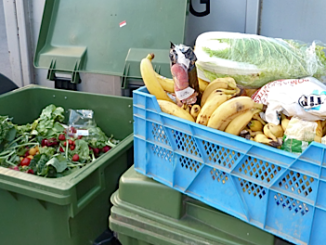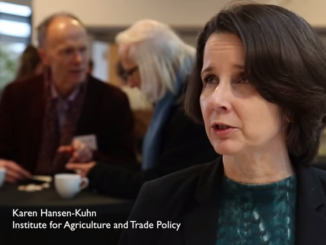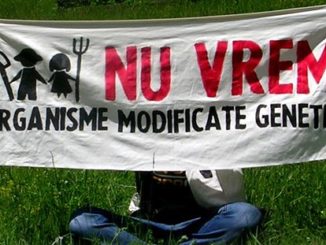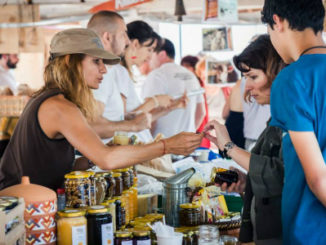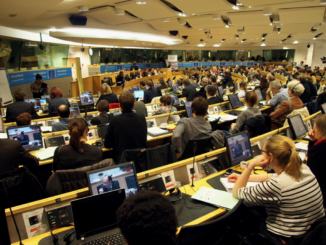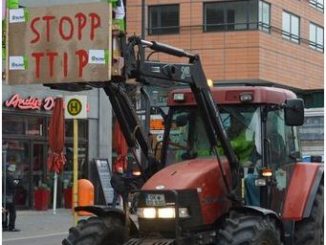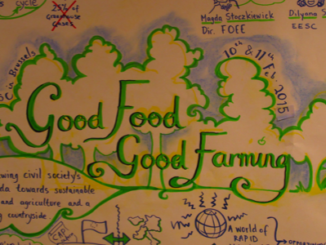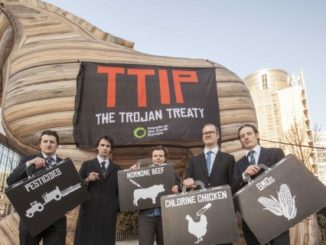Written By: Derek Freitas – Food Chains Campaign Coordinator for Eco Ruralis In February of this year, a new international alliance of 16 civil society organizations around Europe joined forces to tackle issues related to climate and agroecology, markets and food chains, land and water, seeds and bioeconomy. The alliance, Hands on the Land for Food Sovereignty (HOTL 4 FS), has launched its campaign and will work on these issues for the next 3 years. Eco Ruralis, European Coordination Via Campesina (ECVC) and the Transnational Institute (TNI) are among the partners which includes “peasants and social movements, development and environmental NGOs, human rights organisations and research activists. We aim to raise awareness on the use and governance of land, water and other natural resources and its effects on the realisation of the right to food and food sovereignty. Through evidence-based research and material, public events and meetings, trainings, education and advocacy work, the campaign engages EU citizens, media, journalists, NGO practitioners, social activists, educators, students, politicians, policy and decision makers to take action for food […]
